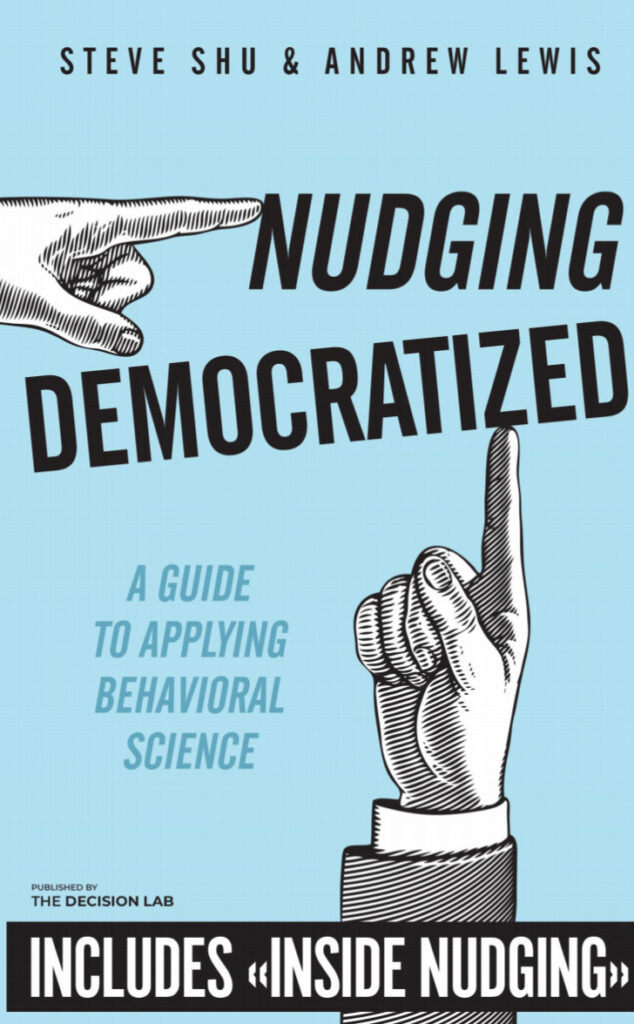This reading for NBAY 6630 at Cornell University taught by Stephen Shu.
Chapter 2 Reading (ND) for AEM 6150 at Cornell University
This reading for AEM 6150 at Cornell University taught by Stephen Shu.
Chapter 1 Reading (ND) for AEM 6150 at Cornell University
This reading for AEM 6150 at Cornell University taught by Stephen Shu.
Repost Which Explains Management Consulting Using Layman’s Terms
This is a repost from an answer I wrote a couple of years ago on Quora.
I usually fail miserably at explaining this for some reason.
Probably the most common definition out there is that management consultants are like doctors for companies (instead of doctors for people).
This analogy probably works for most cases. However, in the spirit of consulting analogies used by guru David Maister, there are probably sub-analogies. For example, there are some management consultants that are more specialized like brain surgeons. Brain surgeons work directly with patients, but possibly for shorter periods of time and using more specialized skills (and hence, brain surgeons charge higher rates). There may also be management consultants that operate more like pharmacists. In that regard, they may be more in the backoffice doing specialized work, interacting with patients less frequently.
Where the doctor analogy doesn’t always quite sit with me is that I usually think of going to the doctor either when something is wrong or for maintenance purposes. While it is true that a large bulk of consulting is about fixing company problems (e.g., unprofitable company, poor customer service, divisions not working together well, technology systems a mess), there are also management consultants that are more like life coaches or entrepreneurial partners that help with opportunities. These management consultants are not fixing things like doctors do. Instead they are helping companies build new capabilities (e.g., new line of business, new product) like a personal trainer helps a person develop more strength or cardio capacity.
Sample Google Gemini Deep Research Industry Analysis Output
Will Hiring Happiness Consultants Ever Become a Trend in Big Companies?
This post is based on a question that I answered previously on Quora.
I’m not sure it will become a big thing at companies, but here are some observations that could feed its growth or at least support a niche market:
- The business schools (particularly in the behavioral science areas) have increasingly added courses that incorporate the science of happiness, and the b-schools feed consulting companies and increasingly entrepreneurial endeavors. Here’s an example of an applied happiness course at the UCLA Anderson School of Management: If You Want to Be Happy for the Rest of Your Life, Optimize It with Scientific Design
- Addressing areas like financial wellbeing, connections to overall wellbeing, and antecedents to both have started to spread into organizations whether in thought leadership or applied settings. If happiness efforts are tied into mainstream issues related to HR, marketing, or product design, then it might be able to ride on familiar value propositions where consulting engagements could be justified. For example, think about various “random acts of kindness” campaigns that some companies have run (some better, some worse).
- There appears to be a growing generation of people who are concerned about excessive materialism and consumerism. Leveraging the science of happiness could potentially be a good ingredient to capitalize on. Innovators will figure out how to provide better customer experiences and products to these segments and take some share away from incumbents.
Consulting Reading (CA) at Cornell University
Nudging Democratized: A Guide to Applying Behavioral Science

Inside Nudging has been re-released as a special edition book published by The Decision Lab, entitled Nudging Democratized: A Guide to Applying Behavioral Science. Many thanks to my brilliant co-author, Andrew Lewis, for collaborating with me on this release. Also, special thanks to Sekoul Krastev and Dan Pilat at The Decision Lab for making the publication possible and keeping things moving on this project.
